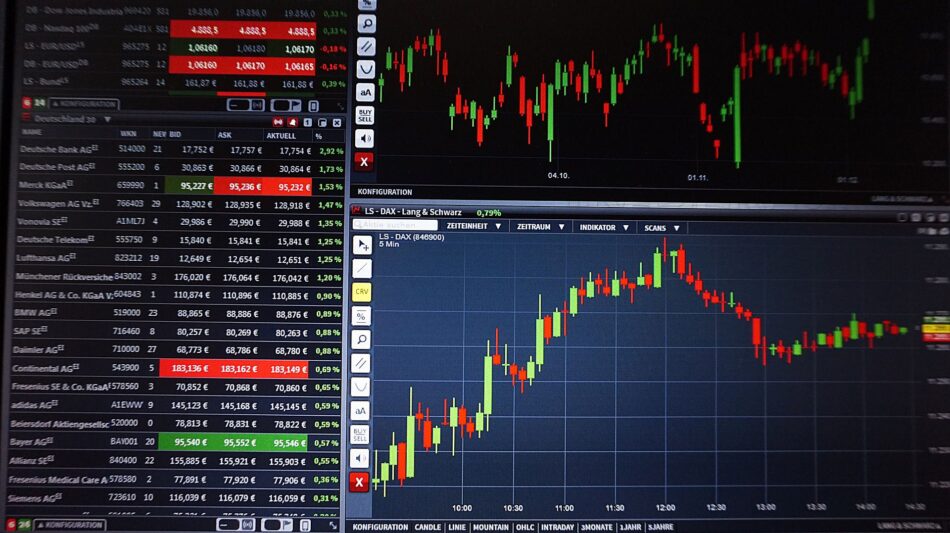Yes, you can use a day trading strategy to profit from minute-by-minute price movements potentially. Yes, you may implement a trading plan with your broker and keep your hands held if you wish. There is no need not to.
The costs of brokerage and commissions will outweigh the benefits of saving a few bucks on fees imposed by exchanges and taking the time needed to learn how to use exchanges correctly.
All about exchanges
Not really, but I’d say that if you aren’t doing anything more than just buying/selling stocks, then there’s no point in learning about them.
If you are interested in other forms of investing, including derivatives like futures or options, then it’s worth knowing something about them. Saxo Hong Kong is a great place to start looking.
An example would be that some investors may decide they want to do a Hong Kong stock options strategy, which might involve buying the underlying shares and futures contracts on those shares.
Your call.
What you should know?
If you want to buy options contracts on an index, typically, your broker would sell them from his inventory or charge a fee for getting them from one of the exchanges in HK (you can probably get it cheaper if you bought from someone else).
In this case, there is no point in going through an exchange as you’d pay much more than the difference between selling and buying on an exchange; unless you’re looking for convenience (and perhaps entertainment) and like watching much higher priced dealers try. To rip each other off!
Learn how options on exchanges work
Not really, but if you’re going to be trading stuff like indices, it is worth knowing that the option price of an index will not be the same as a single stock.
For example, if you were looking at buying an HK50 put, there’s no point in comparing quotes with those for individual stocks as your broker would sell from his inventory and charge commission.
What can brokers do?
Some may have better access than others, and some might only offer certain types of derivatives (e.g., futures and swaps). If you intend to use them as part of your investment strategy, that information should be around somewhere, or you can ask them.
It’s always worth seeing if you can get better prices by buying direct rather than through a broker, but that isn’t possible with everything.
Why you should trade on an exchange
No, unless you are looking for the most advanced products available (and willing to pay). Trading on exchanges is more suitable for professional investors who have large orders to buy/sell and are prepared to wait hours or even days until it is filled (if ever – not everyone gets filled). Most of the people this would suit include banks, corporate treasuries or hedge funds; anyone with more money than they know what to do with.
How to avoid paying high commissions
On some exchanges like Hong Kong, they may even be willing to pay you some money if you send them orders regularly. It’s not bad money, but it just takes time and effort that you could spend more profitably elsewhere.
On some exchanges like Hong Kong, they may even be willing to pay you some money if you send them orders regularly. It’s not bad money, but it just takes time and effort that you could spend more profitably elsewhere.
You can certainly save yourself the transaction costs of trading on an exchange (in Asia) by using your broker; however, there are sometimes ‘market Maker’ schemes where brokers can pay something for every order received (however small). You’ll need to spend time searching.
Conclusion
While most investors may find it easier and cheaper to use a broker, there are some alternatives. If you’re trading indices, then choices include using the index options on an exchange in HK or buying from a ‘market maker’ at your brokers.
Neither is usually available for single stocks. If the choice were yours, though, why pay more when you don’t need to?






